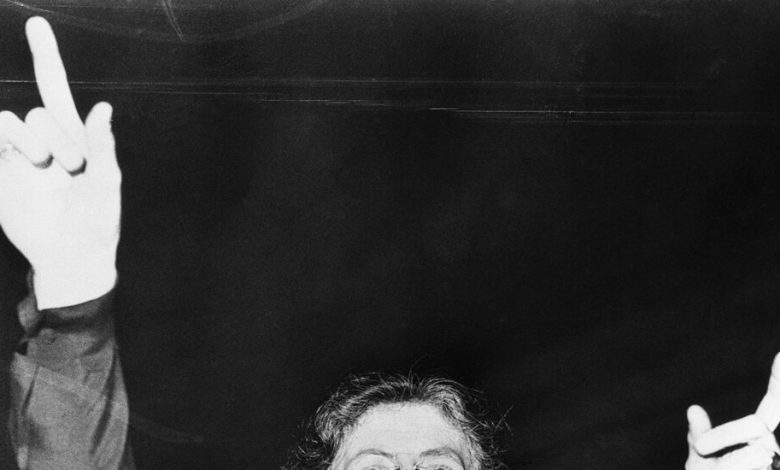Before She Became Music’s Greatest Teacher, She Wrote an Opera

In March 1912, the famous violinist and composer Eugène Ysaÿe visited the home of his fellow musician Raoul Pugno in Paris. At the piano, Pugno played and sang through “La Ville Morte,” an opera he was writing with Nadia Boulanger, a mentee-turned-collaborator 35 years his junior.
“Of this very private performance,” Ysaÿe wrote to Boulanger later that month, “I keep the most profound and happiest impression.” The opera, he told her, was “so beautiful, so sound, so poignant.”
“La Ville Morte” was the most ambitious project of Boulanger’s young composing career. And once it took shape, with a piano-vocal score completed that summer, she wrote under the final measures, “Alleluia!!!!”
But one thing after another kept “La Ville Morte” from reaching the stage. In 1914, Pugno, an essential partner in selling it to the public, died. World War I broke out, delaying the planned premiere, not for the last time. Several years later, Boulanger’s dear sister, the composer Lili Boulanger, died, too, and Nadia virtually stopped writing or promoting her own music.
Boulanger would instead go on to become one of the greatest music teachers in history — a formative figure for titans of the 20th century, like Aaron Copland and Elliott Carter, and other legends, including Quincy Jones, Burt Bacharach and Philip Glass.